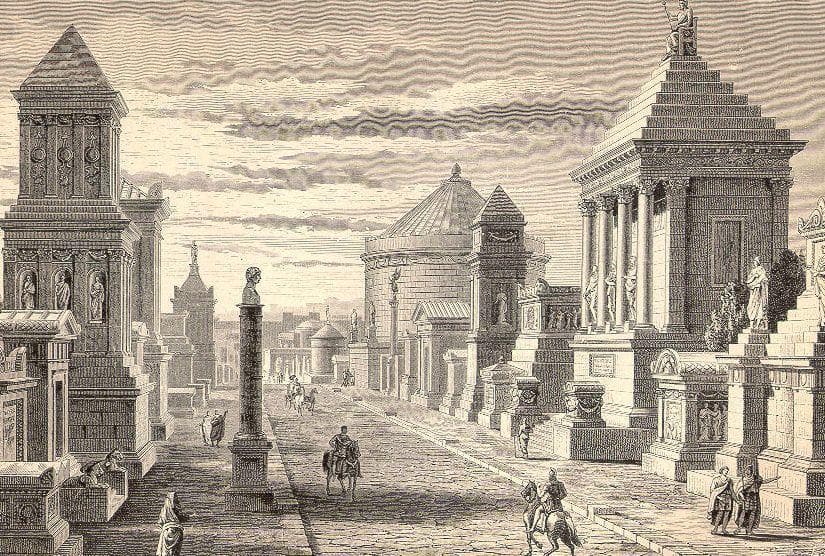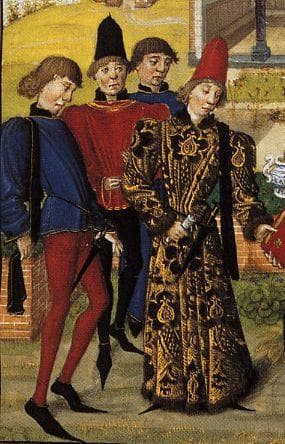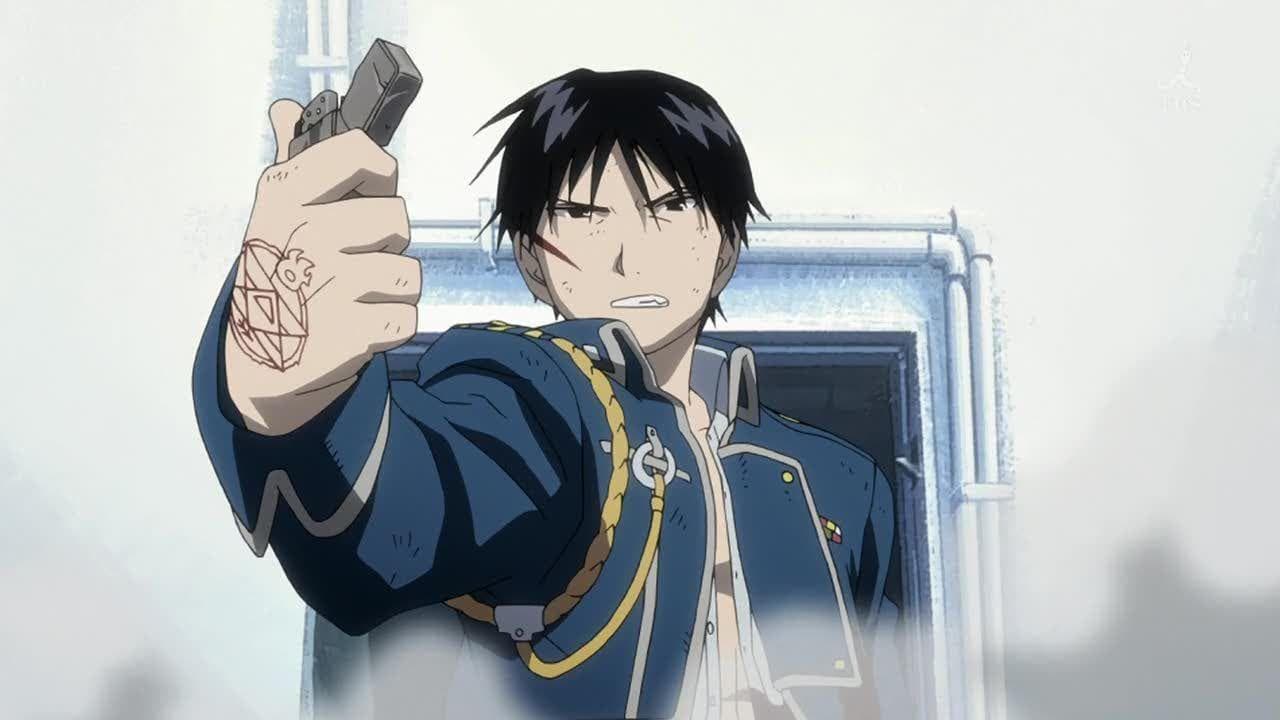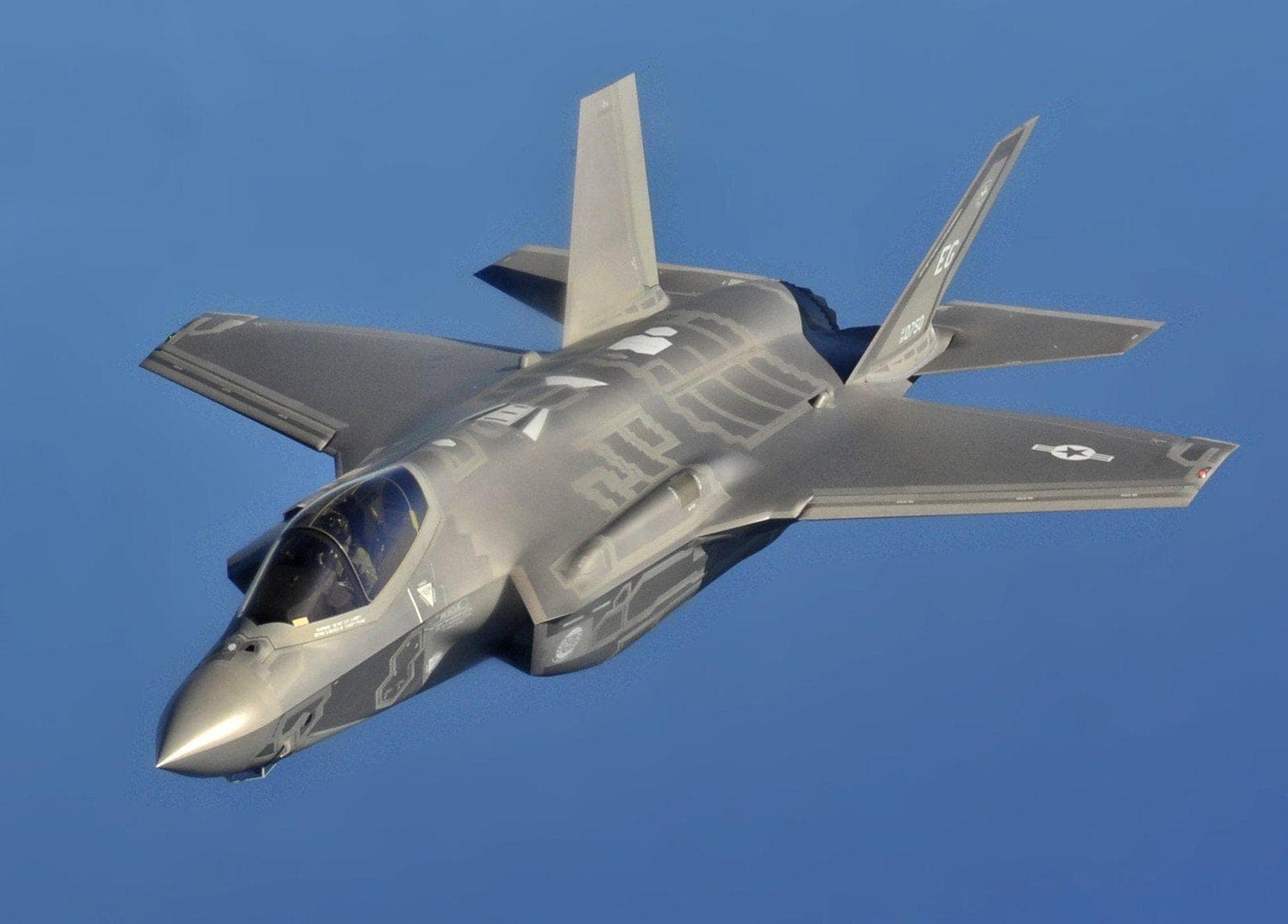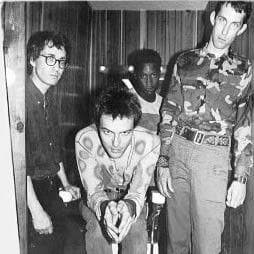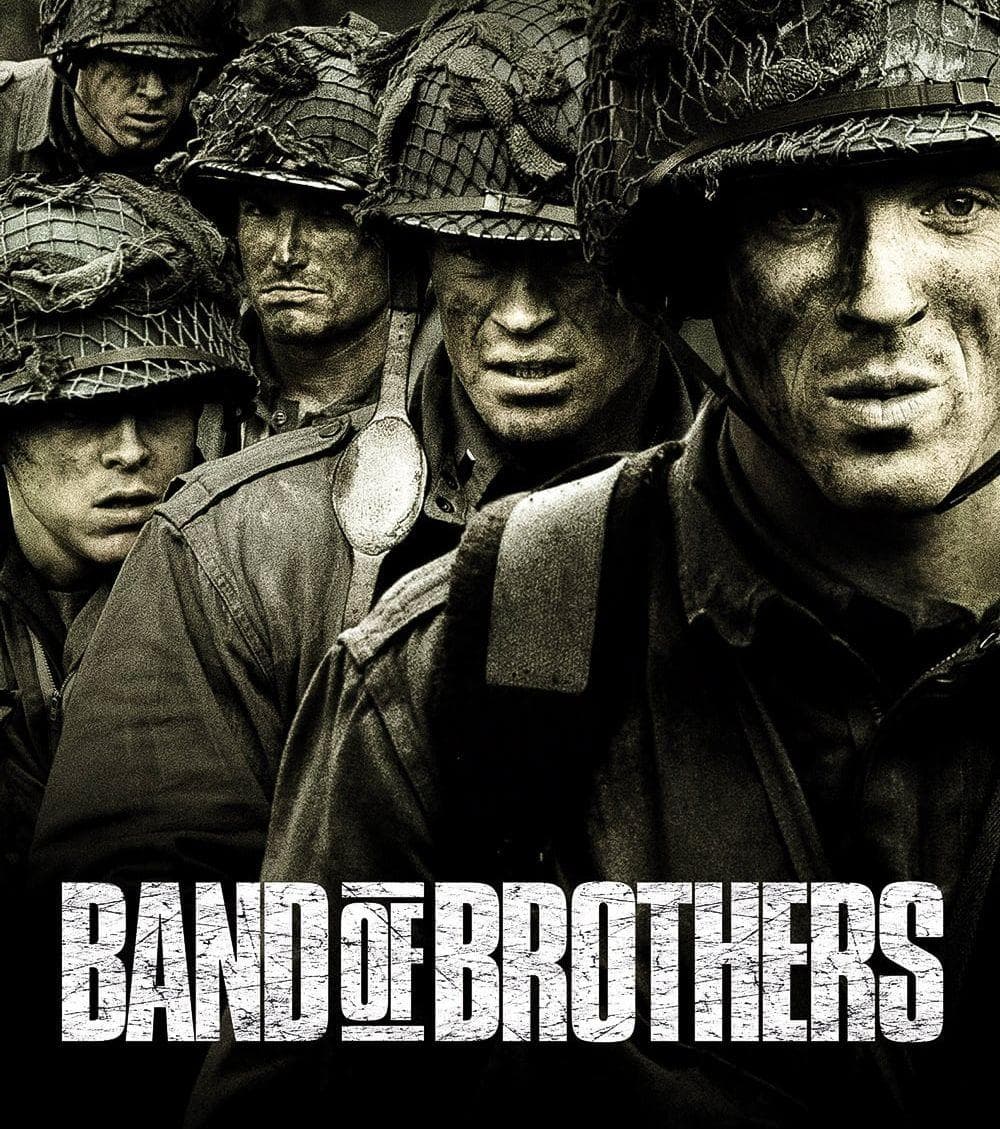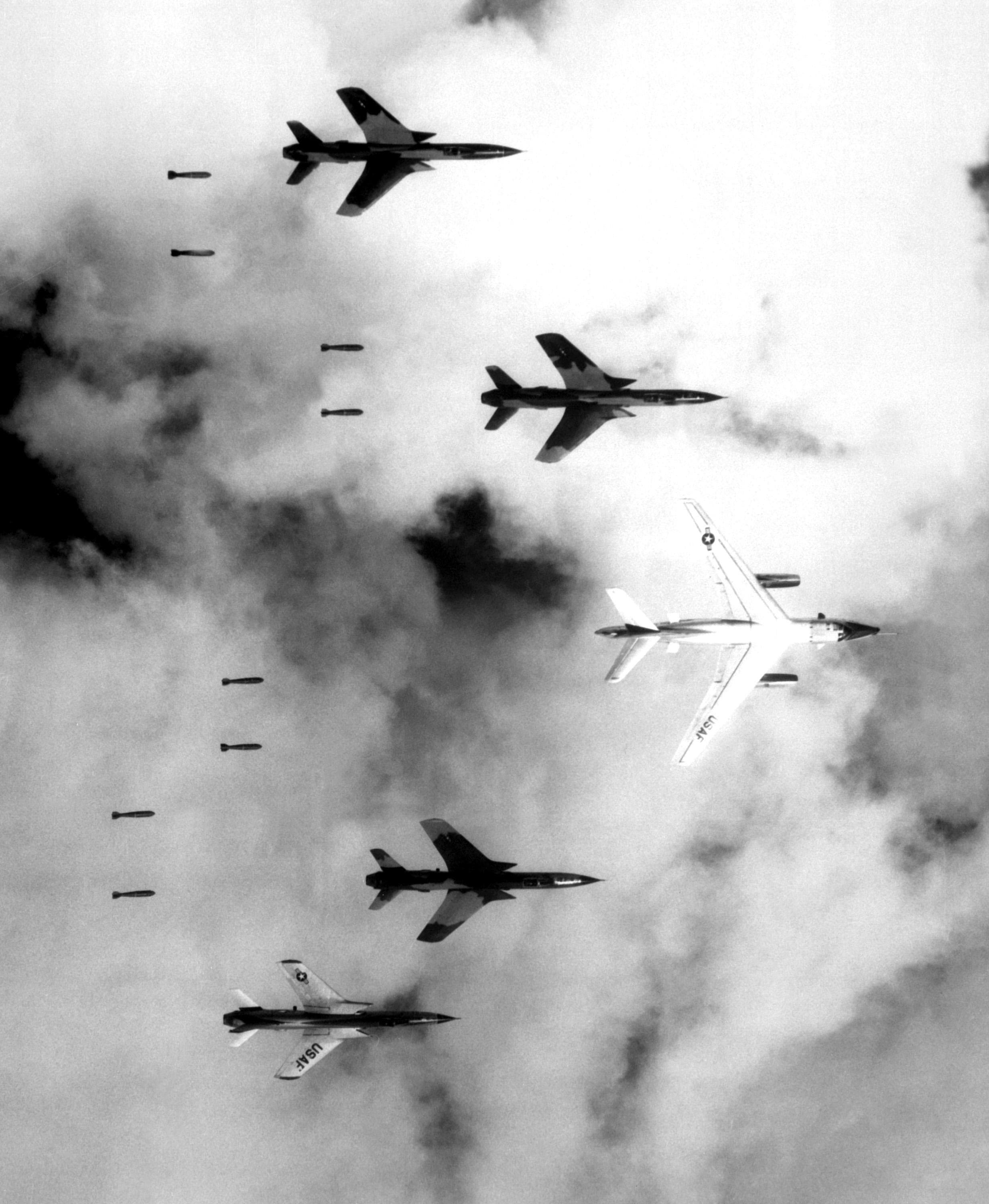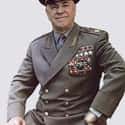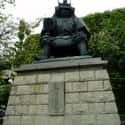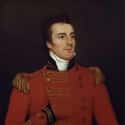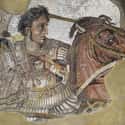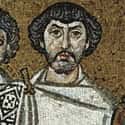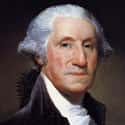-
(#6) Georgy Zhukov
- Dec. at 78 (1896-1974)
Where And When: Georgy Zhukov was the Soviet Union's greatest military general, whose successes were all the more remarkable given that the Soviet military was rife with corruption, incompetence, and nepotism. He was responsible for pushing the Japanese out of Mongolia, and stopping the German advance at Leningrad in 1941.
Win/Loss Ratio: 100% (10 wins, 0 losses)
His Greatest Achievements: Zhukov's most stunning victories were defensive, stopping the German army at Leningrad and Moscow. In Moscow particularly, he exhibited his greatest skill: an unparalleled understanding of terrain and troop movement. This careful attention to battlefield mechanics allowed the Soviet Army to hold its own against German superiority of numbers and equipment.
How He Went Out: After WWII, Zhukov was so enormously popular that Stalin viewed him as a threat. He was removed from supreme command and entered politics, where he remained until he was 62. Eventually, he was forced out by Khrushchev, and later on he suffered from a stroke and passed.
-
(#8) Takeda Shingen
- Dec. at 52 (1521-1573)
Where And When: In the 16th century, Japan was in the midst of the Sengoku, or "Warring States," period. It was a time of bloody military conflict and it produced perhaps the finest warrior Japan has ever known. Takeda Shingen was born into a warrior family and fought with several great houses, his exploits earning him near mythological acclaim. Indeed, many of his battles are dramatized as part of Japanese folklore.
Win/Loss Ratio: 88.24% (15 wins, 2 losses)
His Greatest Achievements: The Battle of Sezawa saw a group of five warlords gather their forces to oppose Shingen. Their forces numbered 12,000, to Shingen's 3,000. Despite this, the lightning-fast cavalry tactics Shingen was known for crushed the warlord's armies, slaying 3,000 of their troops while Shingen lost only 500 men. These kinds of numbers were not uncommon for Shingen, who managed to sustain few casualties even in defeat.
How He Went Out: Like Alexander the Great, Shingen's career was cut short under mysterious circumstances. He was battling with the powerful Tokugawa family when he perished, perhaps as a result of terminal illness, perhaps a slaying.
-
(#5) Arthur Wellesley, 1st Duke of Wellington
- Dec. at 83 (1769-1852)
Where And When: It might seem unlikely that two of the world's greatest military geniuses would live at the same time, and history should draw them into direct conflict, but that's exactly what happened in the case of Arthur Wellesley and Napoleon. Wellesley was an Irish aristocrat who rose through the ranks of the British military, winning numerous engagements by land and sea, until he came into direct conflict with Napoleon at Waterloo in 1815.
Win/Loss Ratio: 94.12% (16 wins, 1 loss)
His Greatest Achievements: While Wellesley will forever be known for Waterloo, his tactical mind was best on display during the battle of Salamanca. He was evenly matched with his French counterpart, the general Marmont, for weeks. Finally, seeing an opening, Wellesley committed his entire cavalry force to a charge that may have been the most effective single cavalry movement of the Napoleonic Wars. This combination of patience and decisiveness was characteristic of Wellesley.
How He Went Out: Waterloo was the end of Wellesley's military career. Like many successful generals, he transitioned into politics, becoming a powerful conservative voice and, eventually, prime minister.
-
(#1) Alexander the Great
- Dec. at 33 (355 BC-322 BC)
Where And When: When Alexander the Great was born, in 356 BCE, he had a huge military head start. His father, Philip II, had assembled a great army. However, without Alexander's military genius, it's unlikely even that mighty army would have gone on to conquer an unprecedented amount of territory, creating one of the largest empires of the ancient world.
Win/Loss Ratio: 100% (9 wins, 0 losses)
His Greatest Achievements: Alexander was a prodigious tactician and a great military innovator. One of his most consistent tactics was to arrange his troops in a signature wedge shape, which made it easier to defend the core of the army from archers, and allowed cavalry to sweep out and punch holes in the enemies defenses. That's how he won the Battle of Issus against a much larger Persian force, perhaps his greatest accomplishment.
How He Went Out: To this day, it's unclear what ended Alexander the Great at the age of 32. Some said malaria, others said poison. His armies had already reached into India, and he was planning an invasion of Arabia; who knows what he might have accomplished had he lived. Maybe he would have eventually lost a battle.
-
(#14) Belisarius
- Dec. at 65 (500-565)
Where And When: After the fall of the Roman Empire, the Byzantine Empire saw the western territories as their rightful property. The Emperor Justinian I particularly wanted those territories back, and the instrument of his plan was the general Belisarius. Born around 500 CE, Belisarius was described by the historian Edward Gibbon as "...daring without rashness, prudent without fear... he was modest and humble in the most prosperous fortune."
Win/Loss Ratio: 80% (4 wins, 1 loss)
His Greatest Achievements: Belisarius was a shrewd commander on the field, but perhaps his greatest skill was in his management of supply lines and army morale. He fought extended campaigns thousands of miles away from friendly territory, with far fewer troops than his opponents. His understanding of the importance of mounted archers was decisive in his victory over his many opponents.
How He Went Out: Legend says Belisarius was blinded and spent his final days as a beggar. There is no historical basis for this. In fact, despite a falling out with Justinian, Belisarius was eventually restored to his position and lived out his final days in the Byzantine court.
-
(#13) George Washington
- Dec. at 67 (1732-1799)
Where And When: Born in 1732, George Washington was a farmer and plantation owner by trade. Like many wealthy men, he found a leadership position in the French and Indian War. His experience there made him an obvious candidate to lead the Revolutionary Army when controversy broke out between the colonies and the British.
Win/Loss Ratio: 50% (6 wins, 6 losses)
His Greatest Achievements: On statistics alone, Washington wasn't an impressive general. However, the mere fact that the Revolutionary Army held together through the winter at Valley Forge and against the overwhelming force of the British is due to Washington's tenacity and ability to inspire loyalty. This toughness and charisma allowed the Revolutionary Army to hold on in the face of losses, and eventually to claim a major victory at the Battle of Yorktown.
How He Went Out: Washington's victories in battle turned him into a national hero. He was the first President of the United States, and his statesmanship went a long way toward uniting the fractious colonies and forging a new national identity.
New Random Displays Display All By Ranking
About This Tool
In any era, the military is the most important national institution, so military leaders in the ancient world were respected even after their careers were over. The generals of Rome and Greece are regarded pioneers in the syllabus of military academies, and their strategies and military policies are still effective in motivating soldiers and civilian leaders. We can learn more facts about the great warriors of the ancient world through mythology and history books.
The random tool lists 14 great and strong generals who would win in a war between the greatest military leaders in history, such as Alexander the Great, who is considered the greatest military leader in the world because he conquered most of the known world at that time.
Our data comes from Ranker, If you want to participate in the ranking of items displayed on this page, please click here.

